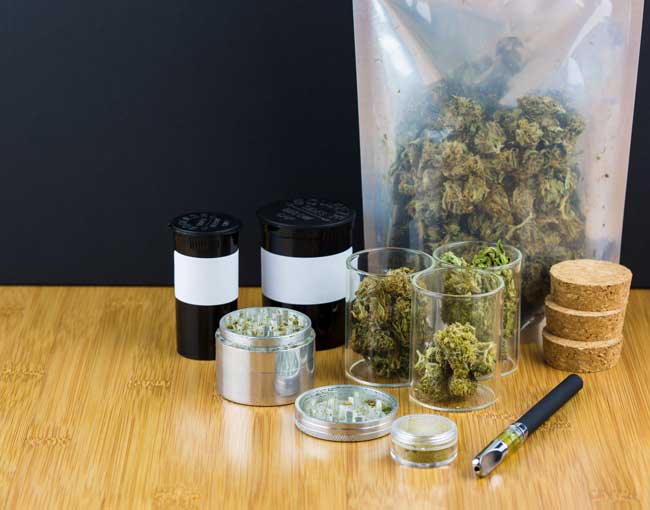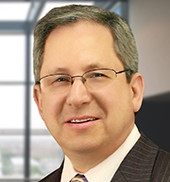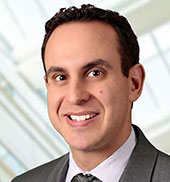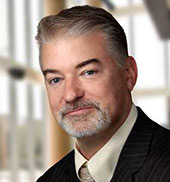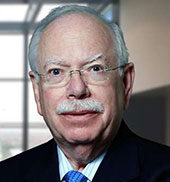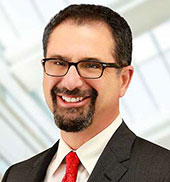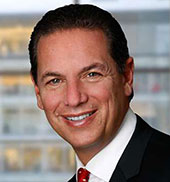Some Missouri communities are welcoming the nationwide trend toward legalization of medical cannabis as an expansion of health care options for their residents. Other communities, however, may be more resistant to allowing businesses related to medical cannabis to operate within their borders. Local governments may attempt to use zoning and building codes to restrict the establishment or development of potential medical cannabis businesses. However, according to Amendment 2, local governments in Missouri cannot flatly exclude medical cannabis businesses from all permissible zoning classifications, nor can they interfere with medical cannabis business operations with “unduly burdensome” ordinances and regulations.
That said, Amendment 2 specifically allows local governments to enact ordinances that regulate the time, place, and manner of operation for medical cannabis businesses as long as those ordinances do not conflict with Amendment 2. This means that local governments will likely be permitted to restrict medical cannabis businesses to just a few permissible zoning classifications (e.g. Industrial or Mixed-Use zones only). Maryland Heights – the first city in St. Louis County to set up zoning requirements – will allow dispensaries in most commercial and manufacturing districts while allowing dispensaries in neighborhood commercial districts only after obtaining special permission granted by the planning and zoning board vis-à-vis a conditional use permit. Both the City of St. Louis and Springfield have also started discussions about amending their zoning codes for cannabis-related business.
Amendment 2 is not without its own restrictions. The law imposes a 1,000 foot spacing requirement between medical cannabis businesses and schools, day cares, and churches, further restricting where medical cannabis businesses may run their operations.
The combination of local rules and regulations together with the spacing requirements of Amendment 2 can create a great deal of confusion and uncertainty as to where Missouri cannabis businesses may open. As more rules from the DHSS are released, Thompson Coburn’s Cannabis practice will remain available to address any questions.
Gayle Mercier is a member of Thompson Coburn’s Real Estate, Cannabis, and Financial Services practice groups.

